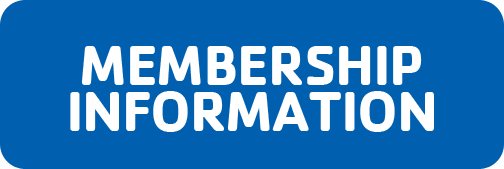GTSC Welcomes New Members FROM USCG, USCIS, TSA, & INTEL to Board of Advisors
The Government Technology & Services Coalition (GTSC), the premier organization for small and mid-sized companies in homeland and national security, today announced several new appointments to add more expertise to their prestigious Board of Advisors.
“GTSC’s has grown by leaps and bounds in the last several months as companies and federal partners realize the true potential of active, mission-oriented collaboration. Achieving the homeland security mission requires the expertise of both mission experts and those who execute to achieve top performance. Our recent Board of Advisor additions add tremendous vision and capabilities to our engagements,” said Kristina Tanasichuk, Founder & CEO of GTSC. GTSC welcomes:
Rear Admiral John Acton, Former Rear Admiral, U.S. Coast Guard and Special Advisor to the Presidential Transition who will work with the Coalition on initiatives with the U.S. Coast Guard and continued White House transition. “It’s an honor for me to continue my support of GTSC. As we enter a period of budget tightening and evolving policy challenges, the role of medium and small companies in supporting our homeland security missions remains as essential as ever. With a security threat stream that continues to broaden and morph, these smaller companies can fill vital roles and often react quicker than larger, more bureaucratic firms. And GTSC plays an important role helping these smaller firms increase their effectiveness and efficiency, to the benefit of us all,” said Rear Admiral Acton at the announcement.
Joshua Seckel, Chief Engineer at WhiteHawk and former Chief of the Applied Technology Division at U.S. Customs & Immigration Services joins the Coalition to assist our federal partners to understand and implement agile development projects, agile thinking, and strategic development of projects and initiatives that includes an agile framework. At the release, Seckel said, “I’m looking forward to working with the GTSC community to bring modern development practices into both government agencies and contractors supporting them.”
Jill Vaughan, Senior Advisor at GSIS and former Assistant Administrator for the Office of Security Capabilities and the Chief Technology Officer at the Transportation Security Administration joins GTSC to contribute to, and continue the strategic development of, “Smashing the Box” events and the challenge of bringing new security technology to our federal government partners.
Caryn A. Wagner, Former Undersecretary for Intelligence & Analysis at the U.S. Department of Homeland Security joins the Coalition to further the quality of the threat and risk information collected by our federal partners and the data analytics that support it. “I am committed to working the seams between national and domestic security and look forward to my association with GTSC.”
Profiles of these and all GTSC Board of Advisors are available at: https://www.gtscoalition.com/about-us/strategic-advisors/
Members of the Board of Advisors provide input to GTSC’s programming, identify areas of collaboration and increase the awareness and understanding of the Federal homeland and national security mission. GTSC works on behalf of its members with the U.S. Departments of Homeland Security, Defense, State, Justice and the Office of the Director of National Intelligence. Since its inception, GTSC has worked with these agencies to achieve mission in an increasingly challenging budget environment, advocate for the value of small businesses, increase understanding of mid-tier companies, improve market research and increase collaboration between the public and private sector.
READ THE RELEASE: Press release Advisors May 17 2017



 Sara Kindsfater-Yerkes, leader of GTSC’s DHS Business Development Exchange and member since 2012, is an Organizational Change Strategist with expertise in guiding large-scale transformations, Sara is passionate about helping individuals and teams to become high performing and creating cultures in which all can thrive. She currently supports Josh and USCIS in the cultural adoption of lean/agile practices.
Sara Kindsfater-Yerkes, leader of GTSC’s DHS Business Development Exchange and member since 2012, is an Organizational Change Strategist with expertise in guiding large-scale transformations, Sara is passionate about helping individuals and teams to become high performing and creating cultures in which all can thrive. She currently supports Josh and USCIS in the cultural adoption of lean/agile practices.